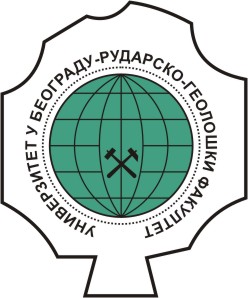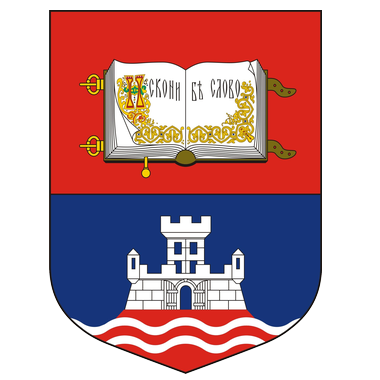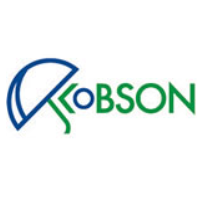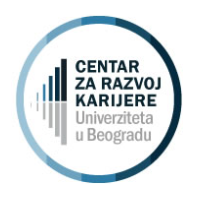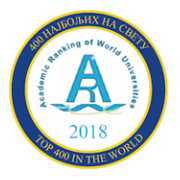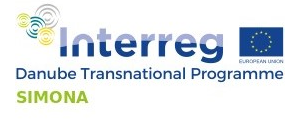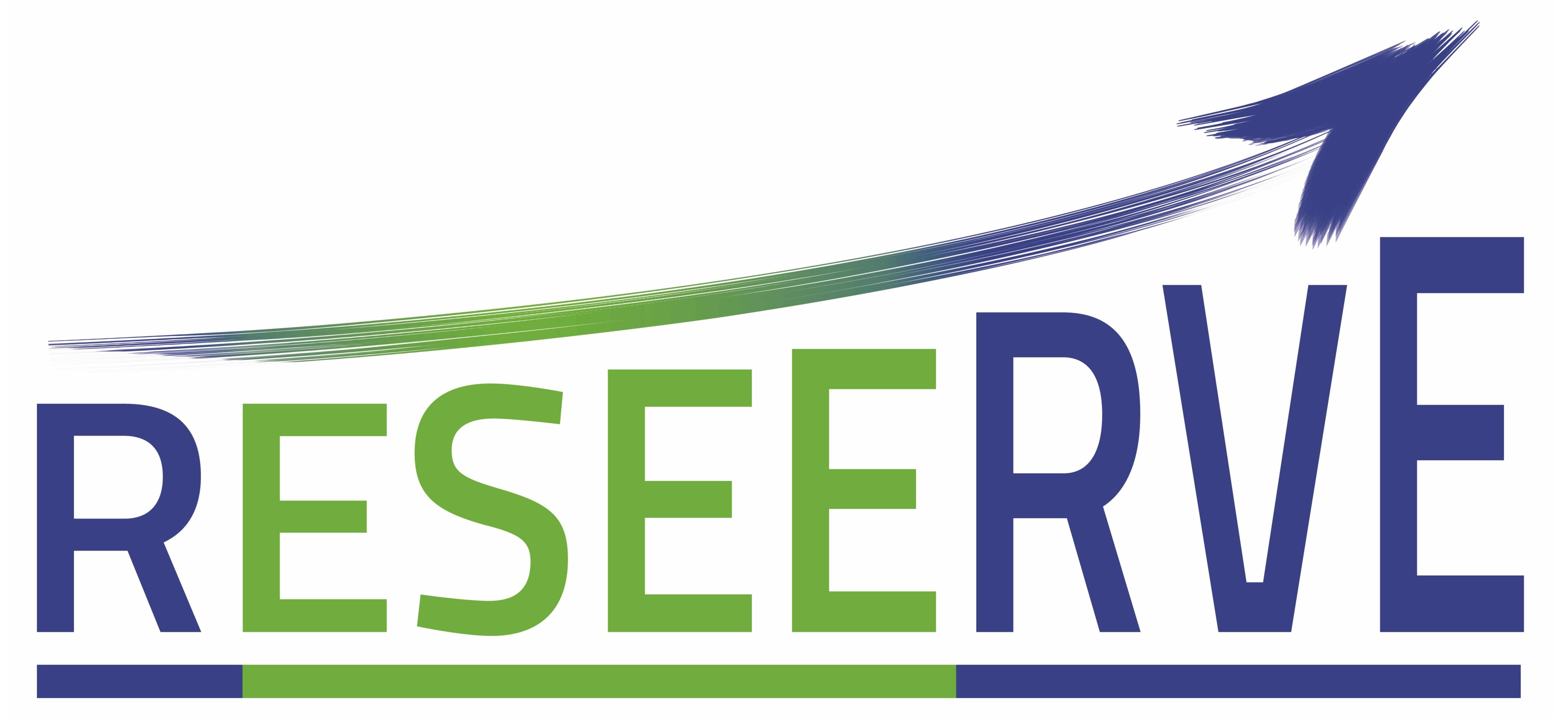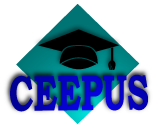Study program:
Environmental Engineering (VI semester -BsC)
Mining Engineering (VI semester -BsC) |
|
Name of subject: Surface Mining Technology |
Instructors:
Prof. Bojan Dimitrijević, Prof. Ivan Janković |
|
Status: Compulsory |
|
ECTS: 5 |
|
Prerequisites: - |
Course Objectives:
Introducing students with basic technological processes and procedures in surface mine exploitation, technical characteristics and technology of basic excavation, transport and disposal equipment. Training students for the application of methods and techniques for defining and selecting technological parameters of mining equipment. Training students for the application of methods and techniques for calculating parameters of technological processes of excavation, dumpage and disposal. |
Learning Outcomes:
Acquiring knowledge that can later be applied in practice in the field of surface exploitation technology for mineral resource deposits. |
Content:
Theory teaching
1. Fundamentals of surface exploitation. (1 working week) 2. Preparation of loading materials (3 working weeks) 3. Techniques and technology of excavation and loading. (2 working weeks) 4. Technological and operational parameters of machines with discounted work. (2 working weeks) 5. Technological and operational parameters of machines with continuous operation. (2 working weeks) 6. Transportation on surface mines. (1 working week) 7. Disposal of overburden on open-pit mines. (1 working week) 8. Specific surface mining technologies. (1 working week) 9. Landfill and disposal technology from landfills. (1 working week) 10. Technical recultivation of open pit mines. (1 working week) Practical teaching
Practical classes include the calculation of technological parameters for the following equipment and technological schemes: 1. A group of technological schemes for the operation of the bucket excavator. (4 working weeks) 2. A group of technological schemes dredge excavator. (3 working weeks) 3. A group of technological schemes of the loader. (1 working week) 4. A group of technological schemes for the operation of rotary excavators. (3 working weeks) 5. A group of technological schemes for the operation of continuos bucket excavator. (2 working weeks) 6. A group of technological schemes for the operation of the stacker and technological schemes for disposing of discontinuous equipment. (2 working weeks) |
Suggested Reading List:
- Pavlović V., 1992., Tehnologija površinskog otkopavanja, Izdanje: RGF, Beograd
- Pavlović V., 1998., Sistemi površinske eksploatacije, Izdanje: RGF, Beograd
- Purtić N., 1995., Bušenje i miniranje, Izdanje RGF, Beograd
- Kričak L., 2006., Seizmika miniranja, Izdanje Centar za miniranje, RGF, Beograd
- Kun J., 1981., Površinska eksploatacija lignita, Izdanje Rudarski Institut Beograd, Beograd
|
Conduct of the Course:
Lectures are conducted using a combined method (ex catedra / case study). Theoretical instructional content is exceded using the "ex catedra" method with the support of computer presentations, the second part of the lecture is done by the "case study" method, ie analysis of characteristic cases and examples that illustrate theoretical content. Practical classes (exercises) include the creation of characteristic examples to the group and individual work with students on solving individual tasks. Activity during the exercise also includes the elaboration of the study, which contains solved tasks from exercises with short tertiary work and is obligatory for all students. A colloquium is organized, which is organized after 10 weeks of lectures and exercises. Teaching will be accompanied by examples from world literature. |
Fund hours:
| Lectures |
Exercises |
Other forms of teaching |
Study research |
| 2 |
2 |
0 |
0 |
|
Assessment:
| Final Exam |
ECTS |
| Активност у току вежби - Елаборат | 20 | | Oral Exam | 30 | | Written exam | 30 |
| Classwork Assessment |
ECTS |
| Class Participationа | 10 | | Written tests | 10 |
|
|
Additional Assessment Criteria: - |
|
|
